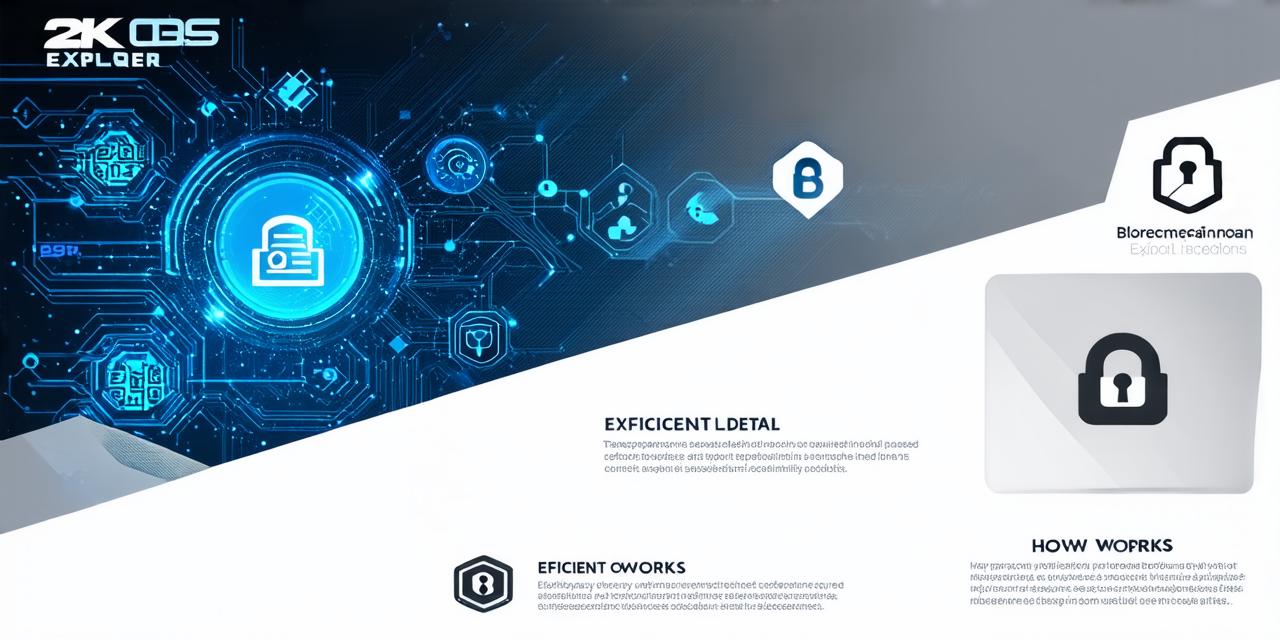What is a Validator in Blockchain?
A validator in blockchain is a node that verifies the authenticity and accuracy of transactions before they are added to the blockchain ledger. Validators use complex algorithms and protocols to validate each transaction, ensuring that it conforms to the rules and regulations of the blockchain network.

Validators can be categorized into two types: full nodes and lightweight nodes. Full nodes store a copy of the entire blockchain, including all transactions and data, while lightweight nodes only store a subset of the blockchain, typically limited to the last few blocks.
The Validator’s Role in Maintaining Blockchain Integrity
Validators are essential to maintaining the integrity and security of the blockchain network. They do this by validating transactions and ensuring that they are legitimate and comply with the rules and regulations of the network. This process helps prevent fraud, double-spending, and other forms of malicious activity on the network.
In addition, validators also play a crucial role in maintaining the consensus mechanism of the blockchain network. The consensus mechanism is the protocol that governs how nodes on the network agree on the state of the blockchain. Validators help to ensure that all nodes on the network are in agreement by validating transactions and adding them to the blockchain ledger.
Real-Life Examples of Validators in Action
There are many examples of validators in action across different blockchain networks. One notable example is the Bitcoin network, where validators are known as miners. Miners use powerful computers to solve complex mathematical problems and validate transactions on the network. In return, they are rewarded with newly minted bitcoins.
Another example is the Ethereum network, where validators are known as stakers. Stakers lock up their ether tokens as collateral to become validators and earn transaction fees for validating transactions on the network.
The Importance of Validators in Blockchain Development
Validators are an essential component of blockchain development, as they help to ensure that the network is secure, reliable, and efficient. Developers must consider the validator when designing and implementing their blockchain networks, as it can greatly impact the performance and scalability of the network.
Developers must also ensure that their validators are well-equipped to handle the increasing volume of transactions on the network. This requires careful consideration of factors such as hardware requirements, software architecture, and network infrastructure.
FAQs About Validators in Blockchain
1. What is a validator in blockchain?
A validator in blockchain is a node that verifies the authenticity and accuracy of transactions before they are added to the blockchain ledger.
2. How do validators maintain the integrity of the blockchain network?
Validators use complex algorithms and protocols to validate each transaction, ensuring that it conforms to the rules and regulations of the blockchain network. This helps prevent fraud, double-spending, and other forms of malicious activity on the network.
3. What are the two types of validators in blockchain?
The two types of validators in blockchain are full nodes and lightweight nodes. Full nodes store a copy of the entire blockchain, including all transactions and data, while lightweight nodes only store a subset of the blockchain, typically limited to the last few blocks.
4. How do validators contribute to the consensus mechanism of the blockchain network?
Validators help to ensure that all nodes on the network are in agreement by validating transactions and adding them to the blockchain ledger. This process helps maintain the consensus mechanism of the blockchain network.



